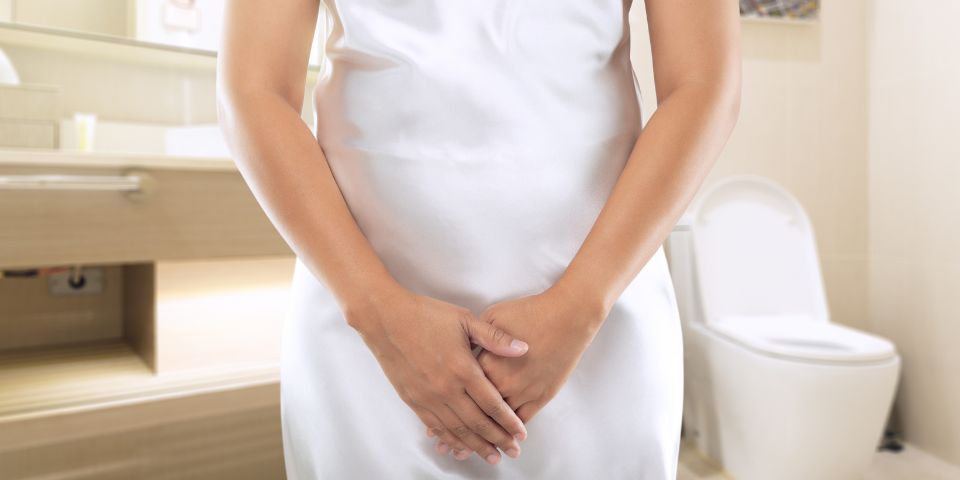Cystitis and bladder infections
Cystitis is a very common issue. 60% of all UK women have suffered with a urinary tract infection (UTI) in their lifetime, with almost 20% aged between 18-24yrs old. It is more common in women as we have a shorter urethra (tube which carries urine out from the bladder) than men.
The main symptoms are:
- Increased frequency of urination
- Decreased volume of urine passed
- Pain upon urination
Occasionally some women experience lower abdominal pain or lower back pain in the kidney region. Younger girls can experience this too, if they have not been drinking enough water.
Interstitial cystitis is a different less common form of cystitis. It results from some urine being left behind in the bladder even when you have emptied it as much as you can.
The main symptoms of interstitial cystitis) include:
- intense pelvic pain (felt over your lower tummy)
- sudden strong urges to pee
- needing to pee more often than usual
- pain in your lower tummy when your bladder is filling up, which is relieved when you pee
- waking up several times during the night to pee
Other symptoms can include finding it difficult to pee, urinary incontinence and blood in your urine (haematuria).
So, what can you do if you or your children are suffering?
Here are my 5 top tips:
- Drink plenty of fluid – Fruit juices including cranberry are acidic and will aggravate this condition, so stick to plain water. An adult loses 500ml of water daily due to breathing and 500ml daily for normal cell function. If you are exercising and sweating, then you need to increase this amount!
- Go to the toilet! – When you need to go, GO! I’m guilty of this too, delaying urinating until I end up running to the toilet. Urine is a waste product and the longer it spends inside us the more chance there is for an infection to occur. Empty completely when you are on the toilet too. If you’ve suffered from a UTI once, you are more susceptible to them in the future. This is because the detrusor muscle which controls the flow of urine from the bladder, receives conflicting messages from the bacteria.
- Avoid caffeine and alcohol – These both have a diuretic action and can aggravate the condition. Remember that chocolate and green tea both contain small amounts of caffeine.
- Look in your baking cupboard – Bicarbonate of soda is often used as a raising agent in baking. However, it is very handy for alkalising the urine too! 1 tsp in a pint of water really helps to ease the pain of a UTI. Use ½ tsp for children. You may also want to add it to bath water to bathe the area if it is sore.
- Read Tip no.1 again!! Water intake is the no.1 preventative treatment here.
If you have my blue kit then Apis (stinging pain) or Cantharis (burning pain) are the main remedies to help homeopathically for cystitis. If this is a chronic issue, then I can help with this too, as your kidneys may need some support too.
Homeopathy works beautifully for cases of cystitis, often heading off a time-consuming trip to the GP as well as avoiding the need for antibiotics.







